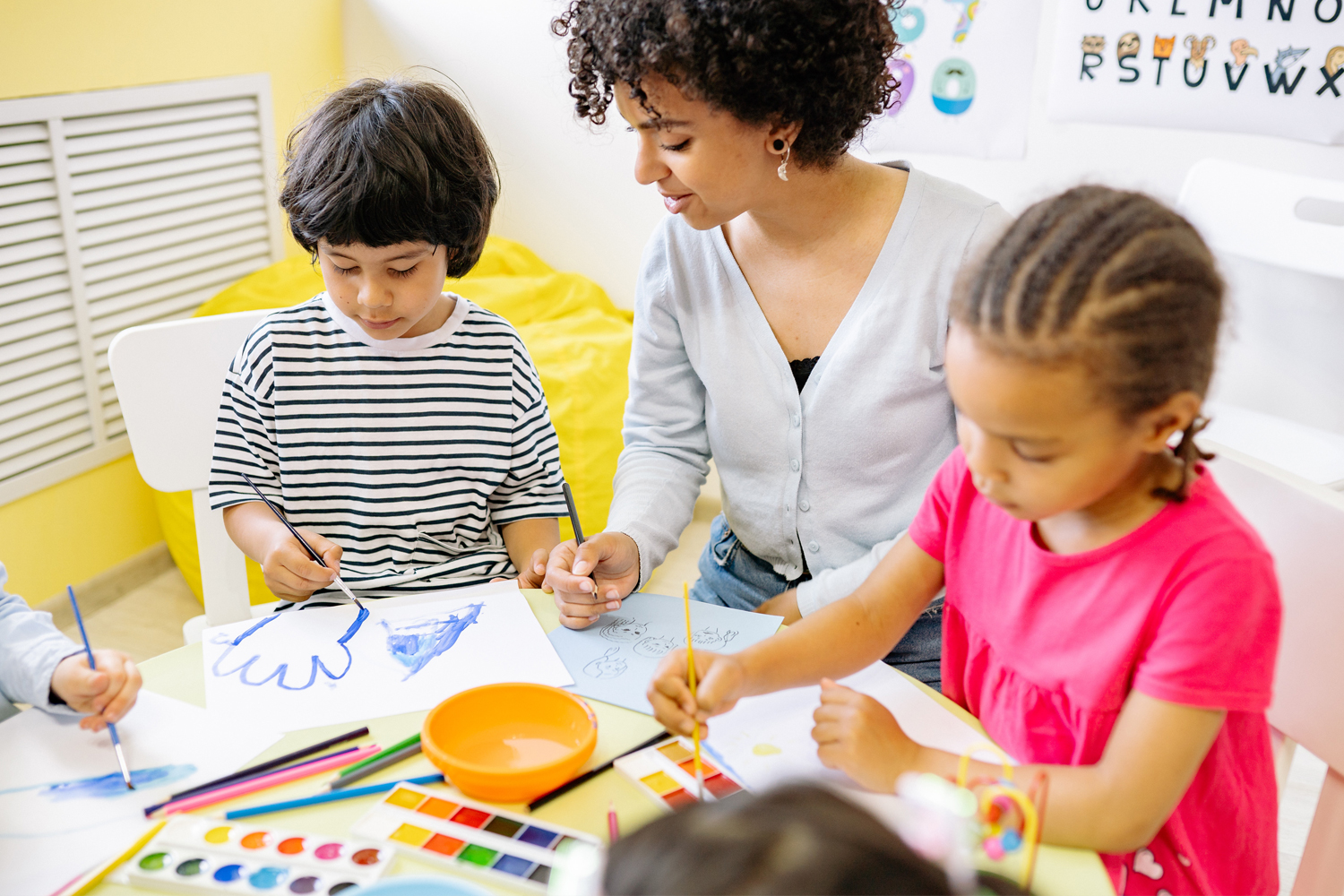Turn-taking is an important skill for children to learn as they will use it throughout their lives. There are several ways to promote turn-taking behavior amongst children. Some techniques to practice turn-taking behavior will take more practice than others, however, they are all equally as important in promoting the skill of turn-taking.
- Social stories: Introducing the idea to your children about turn-taking through stories can be beneficial. These stories that can be created on the topic of turn-taking can break down what turn-taking is and give examples for the children to be exposed to. An example of a social story on turn-taking could walk you through a story of a child and their sibling/peer playing their favorite game together. It would describe how first it is one child’s turn to roll the dice and then it is the other child’s turn to roll the dice. This story would not only demonstrate the act of turn-taking but also the positive emotions of the children playing the game together.
- Modeling: Utilizing modeling to demonstrate to your children turn-taking while playing is another useful technique to promote turn-taking behaviors. An example of this could be you and another adult sharing a ball that bounces. You will say the words “My turn” and bounce the ball a few times. Then you will look at the other adult and say “Your turn” and proceed to hand the ball to that person. You can also incorporate modeling into daily life activities like watching television. You can use the remote first while saying “My turn” and then a few minutes later hand it to the other person and say “Your turn”.
- Language and Gestures: You can emphasize the language used when taking turns (my turn, your turn). By putting an emphasis on these two phrases, you are putting meaning behind them and teaching it to the children the more you use it. You can also utilize gestures and put your hand on your chest to show that it is “my turn” and also point to/touch their chest when signaling it is “your turn”.
- Incorporating games: Incorporate multiple-person games into your day to promote the practice of turn-taking. These games could be simple ones like throwing a ball back and forth or I spy to more complex ones in which you need to wait longer to have a turn again (Candy Land, Trouble etc.).
Promoting Turn-Taking With Peers. (2017, March 28). Retrieved from https://www.cdchk.org/parent-tips/promoting-turn-taking-with-peers/

Blue Bird Day fosters socialization, sensory regulation, and pre-academic learning in children ages 2-7 years in therapeutic rotations that simulate preschool and kindergarten settings. Our compassionate therapists practice a relationship-based and family-centered approach, provide parent training, and collaborate on goals and individualized intensive treatment plans for your child.
We believe in a collaborative and multi-disciplinary team approach to therapy. A team of occupational therapists, speech-language pathologists, dietitians, developmental therapists, behavioral therapists, physical therapists, and therapeutic assistants are created for each child to ensure child and family are fully supported and the best possible results are achieved.
Options for individualized, group and virtual therapy sessions are available as well.
Want to learn more or you have a specific question? Feel free to connect with us here!



